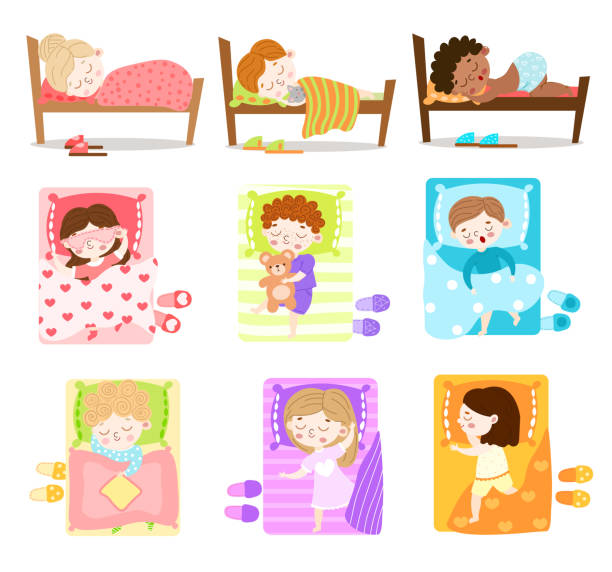Sleep issues are a common concern for children on the autism spectrum and can significantly impact their overall well-being and development. Autism spectrum disorder (ASD) is a neurodevelopmental condition that affects social communication and behaviour and is often accompanied by sensory sensitivities, anxiety, and other conditions that can interfere with sleep.

Sleep problems can include difficulty falling or staying asleep, early morning waking, and frequent waking during the night. Sleep disorders such as sleep apnoea and restless leg syndrome may also be more prevalent in children on the autism spectrum. In addition, children on the spectrum may experience sleep disturbances related to anxiety or other psychological factors.
The causes of sleep problems in children on the spectrum are complex. Various factors can influence medication side effects, dietary habits, sensory sensitivities, and underlying medical conditions such as gastrointestinal issues or seizure disorders. Parents and carers need to work with us here at CCH and our allied healthcare professionals to identify and address any underlying factors that may be contributing to sleep difficulties.
Behavioural interventions can effectively improve sleep in children on the autism spectrum. These may include establishing a consistent sleep routine, creating a calming bedtime environment, and using relaxation techniques such as massage or deep pressure therapy. Visual supports, such as social stories or picture schedules, can also help prepare children for bedtime and reduce anxiety around sleep.
Medications may sometimes be prescribed to help children on the spectrum manage sleep difficulties. However, medication should only be used under the guidance of a healthcare professional and should be carefully monitored for potential side effects.
It is also important to consider environmental factors that may be affecting sleep. Children on the spectrum may be more sensitive to noise, light, and other sensory stimuli and may benefit from a quiet, dimly lit bedroom environment. Regular exercise and exposure to natural light during the day can also help to regulate sleep-wake cycles.
Managing sleep issues in children on the autism spectrum requires a comprehensive approach that considers the child’s individual needs and challenges. Children on the spectrum can achieve restful and restorative sleep with the right interventions and support, promoting their overall health and well-being and ensuring the whole household has restful nights.
